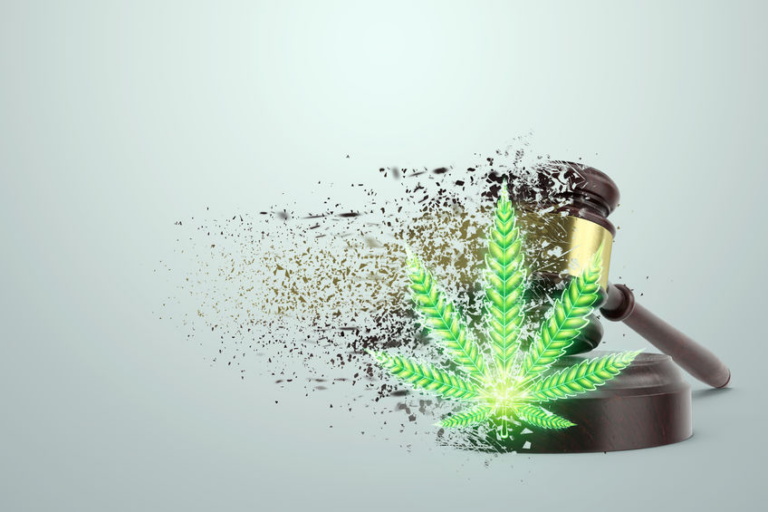DEA Facing Scrutiny and Legal Challenge to Hemp Rule
When a federal agency posts an interim final rule and requests comments, it expects to receive ideas and suggestions for changes along with opposition to and support for various aspects of the rule. The Drug Enforcement Agency (DEA) likely had similar expectations when it published its “Implementation of the Agriculture Improvement Act of 2018” interim final rule. While it may even have expected a certain amount of opposition, the 3,300-plus stakeholder comments which largely opposed the rule – and the lawsuits – that came out of the posting of the interim rule were in all likelihood a great deal more than its expectations. Plus Senators Ron Wyden and Jeff Merkley, both of whom were heavily involved in developing the hemp provisions found in the Agriculture Improvement Act of 2018 (also known as the 2018 Farm Bill), have sent a letter to the DEA voicing their “strong objections” to the interim final rule as written.
The petition, filed in September by Hemp Industries Association (HIA) and RE Botanicals, Inc. asks the federal appeals court to review the rule, arguing that it is unlawful because it exceeds the DEA's legal authority, it violates the 2018 farm bill, and DEA administrator issued the rule “without observing procedures required by law.”
The petitioners also claim that the rule, which clarifies that all hemp derivatives or extracts exceeding 0.3% THC shall remain Schedule I controlled substances, “could have far-reaching consequences for the U.S. hemp industry.” This is because it could be interpreted to include intermediate hemp derivatives that temporarily exceed 0.3% during processing but contain less than 0.3% in final products.
HIA represents approximately 1,050-member hemp businesses, including approximately 300 hemp processors and individuals involved in, or impacted by, the manufacture, distribution, and/or sale of hemp extract and other products lawfully derived from industrial hemp. Stating that the rule “improperly establishes the DEA’s authority over legal hemp activities” because hemp and its derivatives were specifically removed from the Controlled Substances Act so that they could be regulated as an agricultural commodity, HIA feels that the rule could create substantial barriers to the legal manufacturing of hemp-derived products “and devastate the entire hemp industry.”
While DEA stated that that was not its intent, the lawsuit seeks to have the rule amended to keep hemp as an agricultural crop. TAG viewed the proposed interim final rule as posing significant challenges to the processed hemp industry and agrees with the industry and Senators Wyden and Merkley that the proposed rule contradicts the intent of the 2018 Farm Bill, and should not be implemented as written. Having a written rule that criminalizes the intermediate steps of hemp processing does not bode well for the industry, and DEA statements regarding how it will enforce the proposed interim rule do little to quell the realistic regulatory and enforcement concerns that the text of the interim final rule brings to the table.





